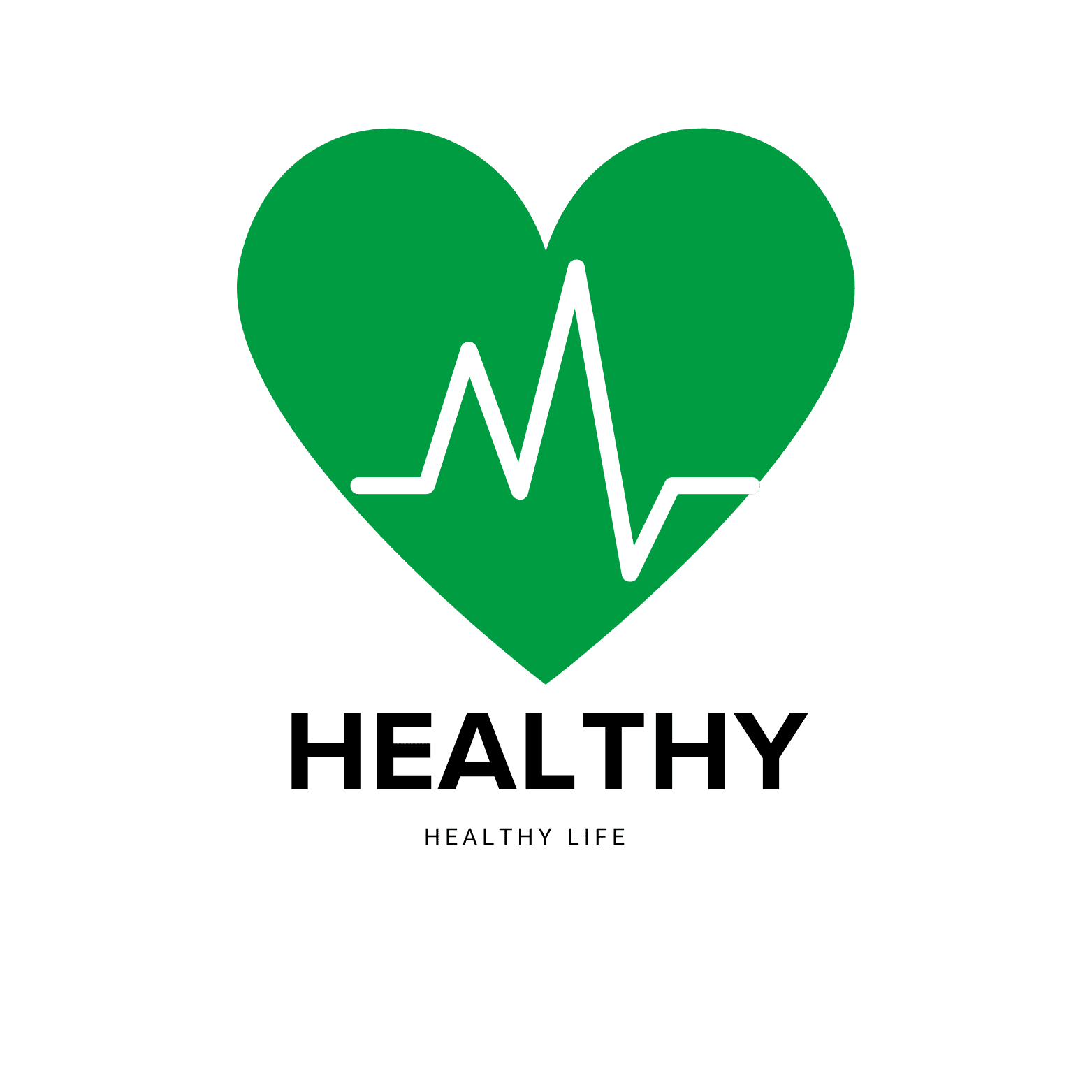Is a healthy diet really important for athletes
Absolutely. Your diet is the foundation of athletic performance. If your body isn't properly fueled, even with intense training, you won’t reach your full potential. Food doesn’t just affect your muscles and energy, it plays a major role in recovery too. If you're not eating right, you’ll get tired quickly, risk injury, and feel burned out — which makes working out feel more like a chore than something enjoyable.
When's the best time to eat before working out
It really depends on the person and the type of workout, but usually eating 2 to 3 hours before training is a good idea. The meal should include carbs for energy and a bit of protein. Something simple like a banana with yogurt or toast with peanut butter works well. The key is to avoid heavy or greasy meals that can slow you down or make you feel nauseous during exercise.
Are there specific foods recommended before exercise
Definitely. Complex carbs like oats or brown rice are great for steady energy. Bananas are awesome because they’re rich in potassium, which helps prevent muscle cramps. Greek yogurt with a little honey is also smart. Try to stay away from deep-fried foods or fast food before training — they slow digestion and can mess with your performance.
So what should we eat after a workout
Post-workout meals are all about recovery. Your body needs to rebuild muscles and restore energy. It’s best to eat within the first 45 minutes after exercise. Protein is essential — think grilled chicken, boiled eggs, or even a protein shake with fruit. Carbs are just as important to refill your glycogen stores — sweet potatoes or rice are perfect choices.
Is drinking water enough, or do we need sports drinks too
Hydration is key for any athlete. Your body loses a lot of fluids during workouts, especially in hot weather. Water is usually enough for most people, but if you’re sweating a lot or training for a long time, you might need a drink with electrolytes like sodium and potassium. Just be careful with sugary sports drinks — many are packed with unnecessary sugar. Always aim to hydrate before, during, and after your session.
Is coffee good before a workout
In general, yes. Caffeine can give you a nice boost in focus and energy if you take it about 45 minutes before your workout. Many athletes use it as a natural pre-workout. A plain cup of coffee without too much sugar or cream is enough. Just don’t overdo it, especially if you’re sensitive to caffeine — it can make you jittery or mess with your heart rate. Everyone reacts differently, so listen to your body.
What foods help with muscle recovery
Besides protein, there are foods packed with antioxidants that reduce inflammation and speed up healing. Blueberries, cherries, spinach, and nuts like almonds are great choices. Foods rich in omega-3s, like salmon, also support muscle recovery. Even raw cacao can help and makes a nice addition to a post-workout smoothie. These foods help your body bounce back stronger.
Are supplements necessary for athletes
Not always. If your diet is balanced and rich in nutrients, you might not need any. But for professional athletes or those training intensely, supplements like protein powder, creatine, or vitamin D might be useful. Just make sure to check with a nutritionist or healthcare professional before starting anything — knowing what your body truly needs is more important than following trends.
Is there a difference in diet between cardio-focused athletes and those building muscle
Yes, there's a small difference. Those training for endurance or cardio might need more carbs, especially if workouts are long — like running or swimming. For muscle-building, protein becomes the star and total calorie intake usually increases. But both types of athletes need a healthy balance of carbs, protein, and good fats to perform at their best.
Are there natural drinks that help improve performance
Yes, like coconut water — it’s full of natural electrolytes. Beetroot juice is another great one, as it contains nitrates that improve blood flow and endurance. Green tea can help with fat burning and focus. And don’t forget smoothies — blending fruits with protein is a great post-workout drink that tastes good and supports recovery.
Is sleep related to diet in an athlete's life
Big time. Good food and quality sleep are essential for proper recovery. During sleep, your body repairs muscles and regulates hormones. Eating a light, protein-rich snack before bed — like a boiled egg or a bit of cottage cheese — can even enhance sleep recovery. Sleep isn’t a luxury for athletes, it’s part of the training plan.


